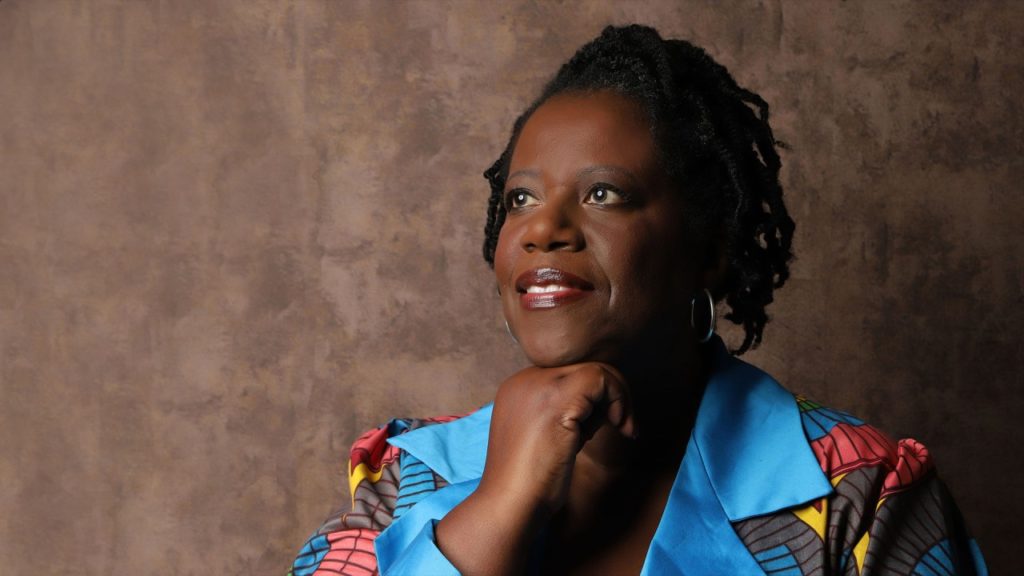I was recently told about a scenario where someone who was the only ‘one’ like them in the room experienced inappropriate language directed at them, but no one did anything about it.
Other people at the meeting were aware of the inappropriateness of it because a few checked in on the person after to see if they were ok. But they did not speak up in the meeting.
Should people speak up when they witness such behaviour in a meeting? Yes, I think that they should. Particularly where one person, is different from everyone else and is being subjected to the attack.
There could be many reasons why someone does not speak up about it. It could be that they are afraid to. They could be worried about the consequences to themselves or the person who experienced it. Because of their seniority or their domineering personality, they could be scared of the perpetrator. Or it could be because they share the same beliefs as the perpetrator and in their ignorance do not see it as offensive.
Whilst it is important to think about your own personal safety and to protect it, not speaking up when such incidents happen, creates an environment whereby the person being subjected to such treatment does not feel like they belong or feel psychologically safe.
It can also let the perpetrator think that their behaviour is acceptable. They then continue with their microaggressions and discriminatory behaviour picking on someone else because they have been allowed to get away with it.
I have a strong sense of social justice, which is at the root of why I do the work that I do, doing my little bit to create a more equitable world. Work which equips those who are discriminated against and treated less favourably with belief in themselves and helps them to find their voice and use it. As well as helping organisations to challenge discriminatory and unfair behaviour and practices and to create environments where EVERYONE is included, feels like they belong, and are psychologically safe.
Reflecting on my life, there has been a running theme of standing up for those without a voice. One memory of doing so was at about the age of 14 when a group of girls were picking on someone who didn’t fit the ‘mould’ and was from a very disadvantaged socio-economic background.
We were in a PE class, and they wanted to fight her. I went up to the ringleader and told her that if they wanted to fight her, they would have to fight me first. They backed off. Despite my being quiet, lacking confidence, and being the only Black girl, witnessing this injustice gave me the confidence to speak up for this person.
We can all take personal responsibility for being good allies, speaking up and calling out microaggressions and discriminatory practices that we see happen in the workplace. Whilst some may think that the term ‘allies’ has become overused, the concept of allyship remains important for supporting and advocating for marginalised groups.
You may not have a strong sense of social justice as I do, but how would you feel if you were subjected to discriminatory workplace behaviour and others witnessed it, but no one spoke up about it? How would you feel if it was your child, sister, brother, niece, nephew, or other loved one who experienced it, and no one spoke up?
Not speaking up could be seen as you are being complicit.
How to call out microaggressions

What to do if YOU commit a microaggression

How have you called out microaggressions? Do you have anything to add to this?

